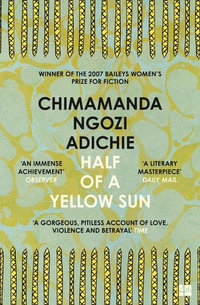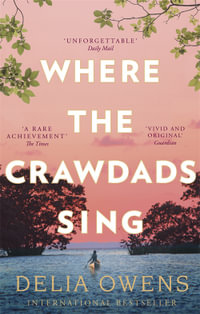Winner of the 2022 ARA Historical Novel Prize.
How did Corporal Hitler's Luger from the First World War end up being the weapon that killed an IRA turncoat in Kempsey, New South Wales, in 1933?
When an affluent Kempsey matron spots a young Aboriginal boy who bears an uncanny resemblance to her husband, not only does she scream for divorce, attempt to take control of the child's future and upend her comfortable life, but the whole town seems drawn into chaos.
A hero of the First World War has a fit at the cinema and is taken to a psychiatric ward in Sydney, his Irish farmhand is murdered, and a gay piano-playing veteran, quietly a friend to many in town, is implicated.
Corporal Hitler's Pistol speaks to the never-ending war that began with 'the war to end all wars'. Rural communities have always been a melting pot and many are happy to accept a diverse bunch ... as long as they don't overstep. Set in a town he knows very well, in this novel Tom Keneally tells a compelling story of the interactions and relationships between black and white Australians in early twentieth-century Australia.
About the Author
Thomas Keneally was born in 1935 and his first novel was published in 1964. Since then he has written a considerable number of novels and non-fiction works. His novels include The Chant of Jimmie Blacksmith, Schindler's List and The People's Train. He has won the Miles Franklin Award, the Booker Prize, the Los Angeles Times Prize, the Mondello International Prize and has been made a Literary Lion of the New York Public Library, a Fellow of the American Academy, recipient of the University of California gold medal, and is now the subject of a 55 cent Australian stamp.He has held various academic posts in the United States, but lives in Sydney.
Industry Reviews
'Always a first-rate storyteller of a traditional kind, Keneally displays his mastery of narrative technique in a series of cinematic set pieces that propel the story forward while intimately developing the characters.' The Guardian
'A lively historical fiction grounded in the soapy intrigues and infidelities of small-town life, but reaching beyond its parochial setting to touch on global conflicts.' Sydney Morning Herald
























